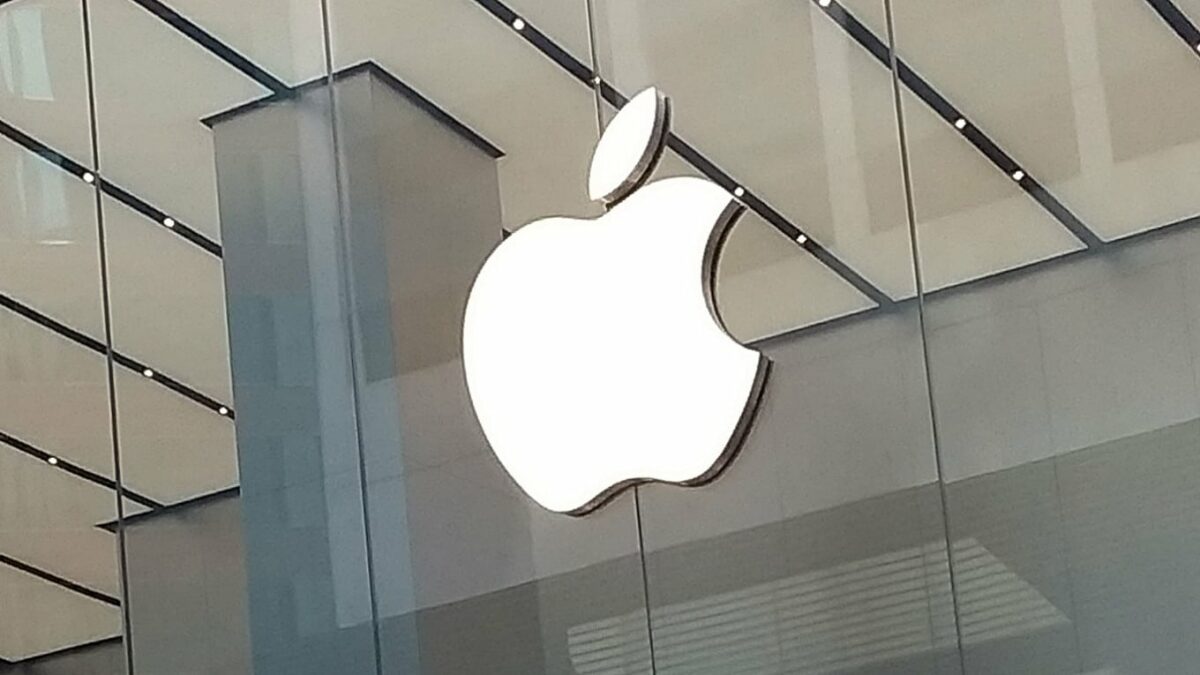The US Department of Justice, along with several states, has filed a significant antitrust lawsuit against Apple. This lawsuit, a culmination of years of scrutiny and complaints, has far-reaching implications for Apple and the broader tech industry.

Apple disputes antitrust claims, emphasizes user experience and security in legal battle
The crux of the lawsuit centers on Apple’s alleged illegal monopoly in the smartphone market, particularly concerning the iPhone and its closed ecosystem. The Department of Justice and state attorneys general accuse Apple of using its market dominance to stifle competition and extract more money from consumers and developers. Key allegations include:
- App Store restrictions: Apple is accused of imposing restrictive rules on app developers, limiting the growth of innovative apps and preventing consumers from easily switching between competing platforms.
- Cloud streaming services: The company allegedly blocks cloud-streaming apps, particularly game-streaming services, that could reduce the need for expensive hardware, thus hindering competition.
- Messaging and smartwatch limitations: Apple is said to limit the functionality of third-party messaging apps and smartwatches, making it harder for users to switch away from Apple’s ecosystem.
- Digital wallets and NFC: The lawsuit highlights Apple’s control over digital wallets and near-field communication (NFC), preventing third-party developers from offering tap-to-pay functionality and inhibiting competition in payment solutions.

Apple vehemently denies the allegations, stating that the lawsuit threatens its ability to innovate and create consumer-friendly technology. The company argues that its ecosystem, characterized by seamless integration between hardware, software, and services, is a key aspect of its offerings that consumers value. Apple’s spokesperson (via MacRumors) emphasized that the lawsuit sets a dangerous precedent of government interference in tech design and innovation.
At Apple, we innovate every day to make technology people love—designing products that work seamlessly together, protect people’s privacy and security, and create a magical experience for our users. This lawsuit threatens who we are and the principles that set Apple products apart in fiercely competitive markets. If successful, it would hinder our ability to create the kind of technology people expect from Apple—where hardware, software, and services intersect. It would also set a dangerous precedent, empowering government to take a heavy hand in designing people’s technology. We believe this lawsuit is wrong on the facts and the law, and we will vigorously defend against it.
The outcome of this lawsuit could have significant implications for both consumers and developers in the tech industry. If the court rules against Apple, it may lead to changes in Apple’s business practices, such as opening up more avenues for third-party apps and services, reducing fees, and promoting greater competition. However, it could also impact Apple’s ability to maintain its tightly integrated ecosystem, a hallmark of its products.
Read more: